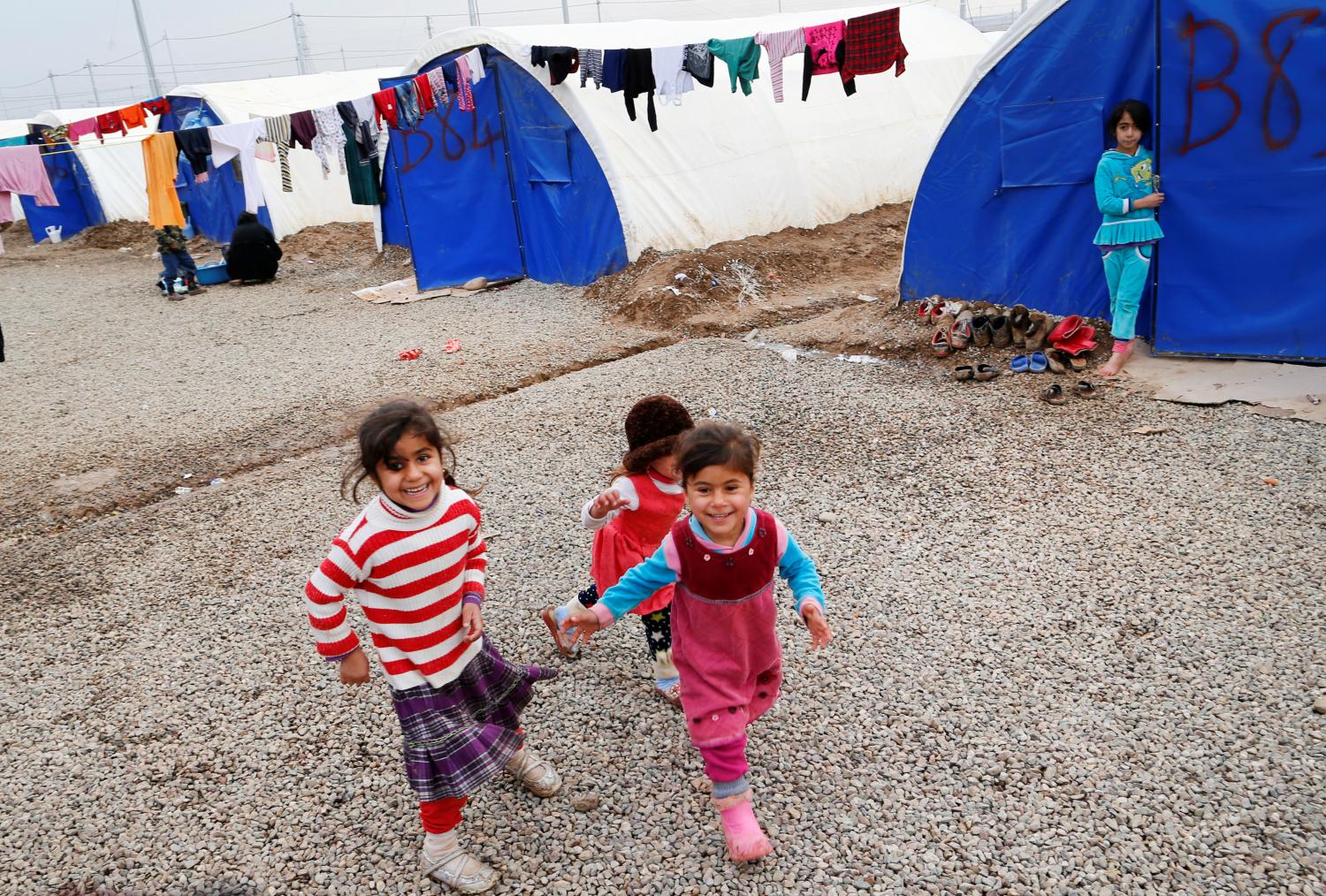I. Introduction
Regular, reliable, and comprehensive data on young children’s development and the quality of their learning environments are essential to address the problem of poor learning outcomes in primary school and beyond. These data can be used to monitor progress toward national and global goals by identifying children’s competencies and areas of need. Such data can also help ensure that schools and community organizations offer appropriate settings to support children’s holistic development. With early childhood development and learning as a target for the Sustainable Development Goals (SDGs) and Education 2030 Framework for Action, the need for these data is gaining greater urgency.
In order to know how to meet this demand for data, we must first understand where we are now. This brief describes current country practices related to setting standards and monitoring the quality of early childhood care and education (ECCE) learning environments. It was written to inform the Measuring Early Learning Quality and Outcomes (MELQO) project convened by UNICEF, UNESCO, the World Bank, and the Brookings Institution.
Key findings:
- Information on the approaches low- and middle-income countries use to monitor quality of their services is limited. Most of the information on systems to monitor children’s learning environments comes from higher-income countries with more developed early childhood development and education systems (e.g., OECD 2015).
- There is agreement on many key constructs of quality, and these can be summarized to help countries develop feasible approaches to monitoring quality at scale.
- While many countries have established standards for ECCE quality, it is unclear if these standards are appropriate and adequate for supporting children’s development outcomes, and implementation of these standards is uneven.
- Many countries engage in routine monitoring of preschool settings, often with emphasis on health and safety standards. Few tools to holistically monitor critical elements of quality are available, especially in developing countries, to facilitate monitoring of quality at scale.
The brief is organized in six sections. The first section provides a background on ECCE and definitions of quality. The second section describes the methodology. The third section contains information on which countries have national ECCE quality standards and how they are developed. The fourth section describes evidence about what elements of quality countries monitor, based on three cross-national surveys. The fifth section describes compliance and how countries enforce the standards. The sixth section describes how four countries (Chile, Turkey, Jamaica, and South Africa) have designed and implemented systems to monitor quality. The paper ends with conclusions and recommendations for further research.


